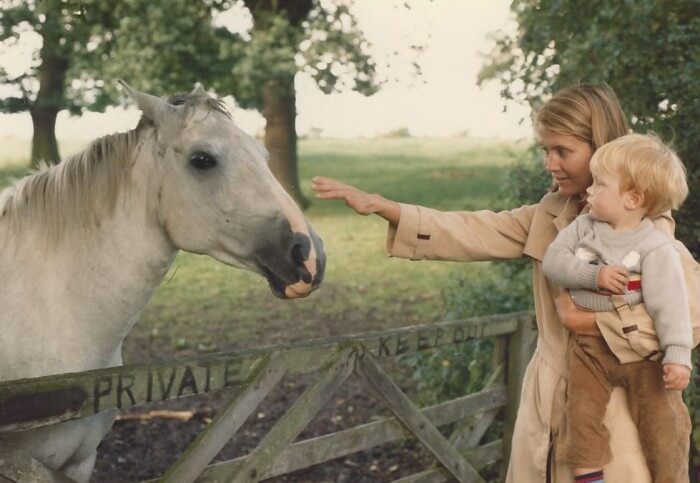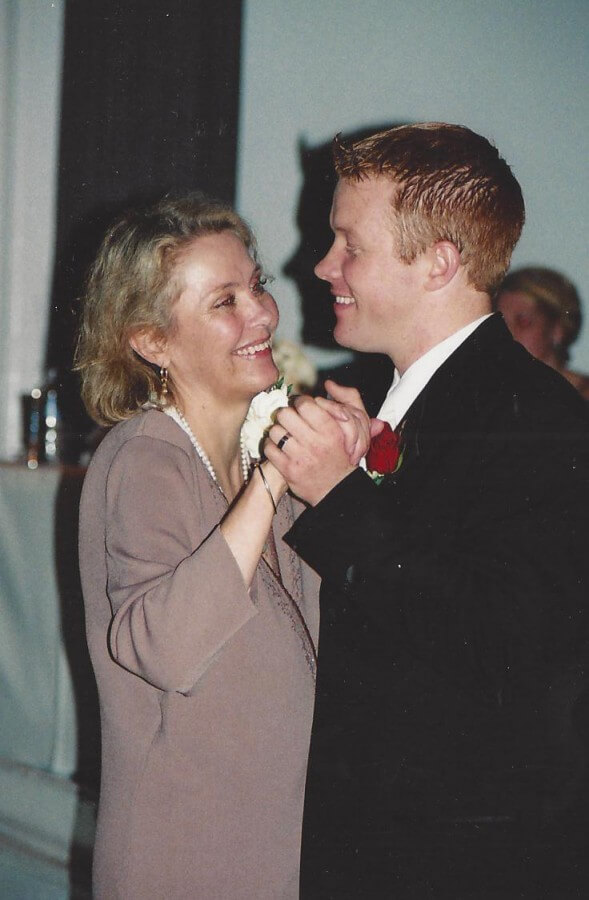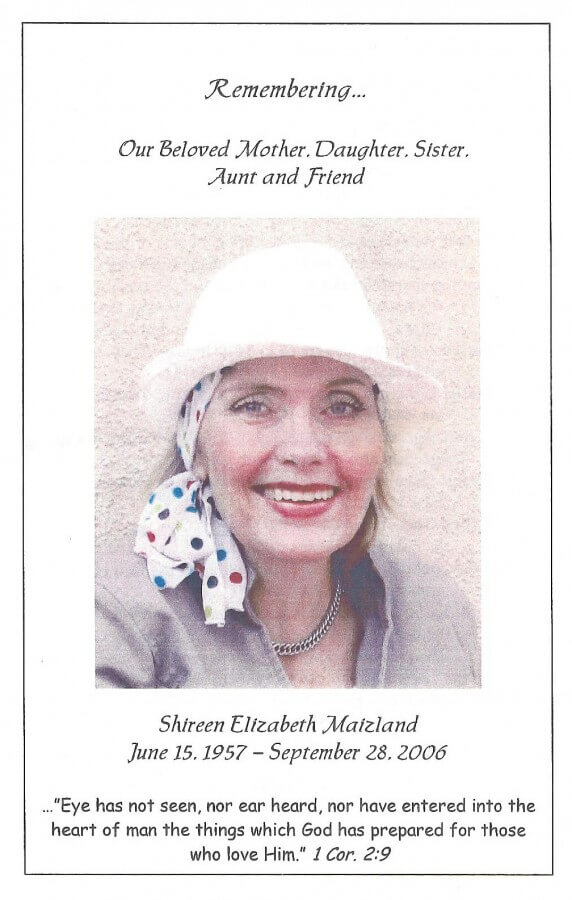If you are an American, you may not be very good at this.
If you are an American Christian, you are likely not very good at this.
If you are an American Christian Parent, you might have reached the tragedy response trifecta, and have inadvertently added to someone’s suffering. Maybe it was your own child. This was undoubtedly the last thing you wanted to do. But you did. I did. We do.
Why are we so bad at this? Why, when we come across someone who is experiencing great sorrow, do we become the spiritual version of the silver lining? Sentences come flying out of our mouths that sound something like . . .
“Well, at least (insert something worse) didn’t happen.”
“He’s in a better place.”
“God must have needed this to happen in order for someone to come to Christ.” (Which is absurd, but people say this stuff!)
It doesn’t have to be the death of a loved one, although that is the most obvious scenario. We also do this when people lose jobs and lifelong dreams. Something takes hold of us and we feel compelled to say something to make this occurrence seem not so bad. It’s too painful to look at for what it is. And we’re not even the primary ones it is happening to.
What are we doing?
Chuck Swindoll tells a story in his book Killing Giants, Pulling Thorns about “a little girl who lost a playmate in death and one day reported to her family that she had gone to comfort the sorrowing mother.
‘What did you say?’ asked her father.
‘Nothing,’ she replied. ‘I just climbed up on her lap and cried with her.'”
Are you blessed with a friend like that? Who can come alongside and just be with you in your pain? Who doesn’t minimize it, or try to get you to look on the bright side? Did you, or do you, have a parent like that, who can resist the urge to make you see the “bigger picture”?
A man named Joe lost three of his children. In his book, The View from a Hearse, Joe writes: “I was sitting, torn by grief. Someone came and talked to me of God’s dealings, of why it happened, of hope beyond the grave. He talked constantly. He said things I knew were true. I was unmoved, except to wish he’d go away. He finally did. Another came and sat beside me. He didn’t talk. He didn’t ask me leading questions. He just sat beside me for an hour or more, listened when I said something, answered briefly, prayed simply, left. I was moved. I was comforted. I hated to see him go.”
This graveside visitor, and that little girl, may not have seemed very spiritual, but in fact, were simply and brilliantly following the lead of Jesus.
“When Jesus saw her [Mary] weeping, and the Jews who had come along with her also weeping, he was deeply moved in spirit and troubled. ‘Where have you laid him [Lazarus]?’ he asked. ‘Come and see, Lord,’ they replied. Jesus wept. Then the Jews said, ‘See how he loved him.'” (John 11:33)
What did Jesus do when his friend Lazarus died? He wept. (John 11:35)
This is how I know Jesus is into validation. Could Mary have felt any more validated in her sorrow and loss? Could Jesus have showed his empathy for her in a more profound way than his own tears? Can we set aside our own fears and need to avoid pain long enough to just acknowledge the terrible? I mean, other than filling a freezer with casseroles, what else do we really have to offer?
Scripture is simple and direct in its instructions for these unavoidable moments. Paul says in Romans 12:15, “Rejoice with those who rejoice, weep with those who weep.”
I’ve been there, to some degree. I had two miscarriages. Friends who loved me said a lot of things, many of which were true. The one I wanted to hear was simply, “I’m so sorry.” I wanted the deep sadness to be recognized, to have someone take me by the hand and, for a moment, face the darkness with me.
As humans, we feel a deep need to make sense out of the senseless. As Americans, we go to great lengths to avoid discomfort. As Christians, we feel responsible to keep someone from giving into despair and questioning the goodness of God. As parents, we shelter our children from the harsher realities of life on this planet like loss, disease, and death. Mix ’em all together and what do you get? The worst person to enter the room at your moment of crisis, when you discover your own personal rock bottom.
I don’t want to be the last person my friend, or child, wants to see coming in the face of great pain. I don’t want to add to their suffering! I don’t want to put them in that position where they are having to shoulder their own terrible burden, and yet stop to take care of me and my need to somehow contribute to the situation.
Let’s return to the basics of what Paul is saying in Romans. Join them. Enter into the fellowship of suffering so they do not bear it alone. Save the motivational speech, prophetic word, and speculation for another day. Acknowledge their right to determine their own journey of sorrow and, ultimately, healing. Let’s sit with them, cry with them, do their laundry, and sometimes, just be silent.









